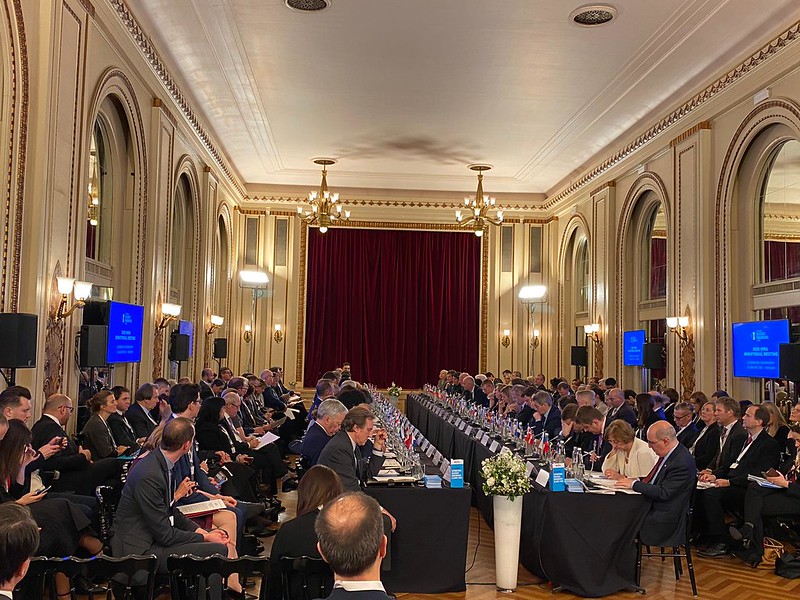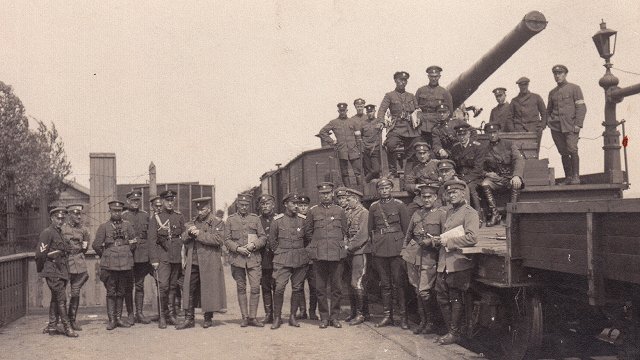"In his statement, the Foreign Minister drew the participants’ attention to the fact that after Latvia had regained its independence, the country could work closely on Holocaust research, education and remembrance, as well as officially establishing the Day of Remembrance of the Victims of the Holocaust. Latvia has carried out fundamental research on crimes committed against humanity by totalitarian regimes in the territory of Latvia, and the topic of the Holocaust has become an integral part of history lessons in all schools across Latvia and in study programmes related to history and culture," a statement frm the ministry said.
"Regardless of sustained efforts by the international community, especially the countries of the International Holocaust Remembrance Alliance, we are aware, the Minister said, that the tragic lessons of the 20th century have not been fully learnt, as we are still witnessing the denial of the Holocaust. He underlined that xenophobia, racism, antisemitism and acts of violence can be observed worldwide, as well as attempts to distort the history of World War II," the statement said.
Edgars Rinkēvičs stated that Latvia has firmly and consistently condemned all totalitarian ideologies, crimes against humanity and war crimes perpetrated during World War II. As a member country of the International Holocaust Remembrance Alliance, Latvia reconfirmed its full commitment to achieving the goals of the Stockholm Declaration, especially with the opening of archives related to World War II, he said.
A Task Force for International Cooperation on Holocaust Education, Remembrance and Research, or ITF was established in 1998 under the leadership of former Swedish Prime Minister Göran Persson. In 2000, a large-scale international forum devoted to Holocaust-related topics took place, during which the Stockholm Declaration was adopted. Latvia became a member of the International Holocaust Remembrance Alliance (IHRA) in late 2004.
Today the IHRA’s membership consists of 34 countries and the alliance’s cooperation partners are international and regional organisations. Its goal is to strengthen and promote Holocaust education, research and remembrance at the international and national level alike in line with commitments under the Stockholm Declaration.
An account of how the extermination of the great majority of Latvian Jews was carried out is available online from the Ministry of Foreign Affairs.
We also strongly recommend the virtual exhibition of the Museum of the Occupation of Latvia which provides a detailed and thought-provoking explanation of what happened in those dark days.



























